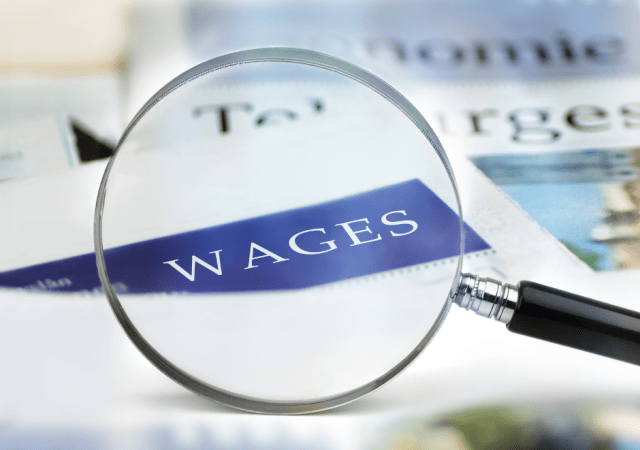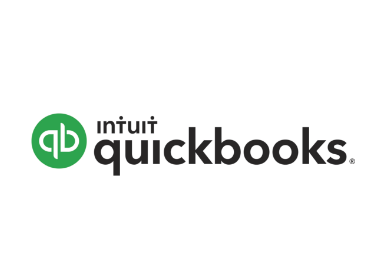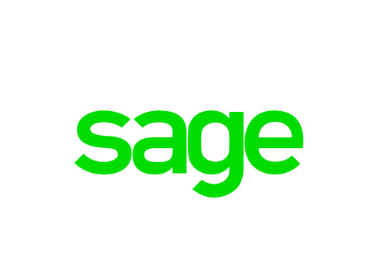The top 5 tips on director’s loans
Posted on 22nd July 2021 by David Rudd
Ok, before we start, what on earth is a director’s loan?
A director’s loan is money that you, as a director borrow (or lend) from (to) your company and will eventually repay (or the company will repay you).
Now having a director’s loan is a normal thing (we all know that small expenses get paid personally and not repaid by the company, for example). However, over the years as Accountancy experts, we have seen things go very wrong, very quickly if your director’s loan account is not kept in order.
We want to help as much as possible, so here are our 5 top tips:
1. Stop before you incur expenditure on behalf of the company
The easiest way to remove having a director’s loan is to ensure all company expenditure is paid for by the company. This makes things really straightforward from the accounting side and helps you to see precisely where you and the company stand.
2. Review the numbers early
The best way to really understand where your director’s loan sits is to look at the numbers frequently and always before you incur any other expenditure. We encourage clients to look at their numbers at least monthly. This ensures any impact on your director’s loan can be seen really early. Armed with this data you will then be in a much better position to understand the next steps you have and their consequences. Our range of cloud accounting tools can make this a simple, painless process.
3. Ensure you have a repayment plan before you take a director’s loan out
If you take a director’s loan from your company, the assumption is that it will be repaid in the future.
The impact of taking a director’s loan can be seen in two places:
- Corporation tax – if the loan is not repaid within 9 months after your year end, a corporation tax charge of 32.5% is payable to HMRC
- Loan interest – if the loan exceeds £10,000, you will need to either pay the company interest or include the interest due on your P11d. This can be tricky and is something we have seen missed many times.
Our team has many years of experience in dealing with cooperation tax, P11d and director’s loans so if you haven’t planned ahead in this instance our team can make things easier to manage.
4. Reclaim of corporation tax
Yes, you read that correct, you can reclaim corporation tax from HMRC, after the loan is repaid to the company! BUT, there is a downside. There is a large time delay in receiving the tax back. Our advice is always to try and repay any loan within 9 months of the company year end, as this removes the need to reclaim any corporation tax.
5. Get in touch with your accountant!
If you have taken on coronavirus funding through your company, you need to ensure you look at the whole picture of the finances. Given the increase in cash (from funding) but a decrease in profits made (from lockdowns), this is a perfect storm of making the bank balance of the company feel more comfortable than it really is.
Ensure you speak to your accountant on whether a director’s loan is viable for you. Leaving this until after the event can create a difficult situation to move on from. As chartered accountants, we’re happy to support you if you don’t already have an accountant.
Need help?
Remember, the Steven Burton & Co team have many decades of experience between us helping business owners just like you. If you need a sounding board, some business advice or a steer in the right direction, then get in touch.









